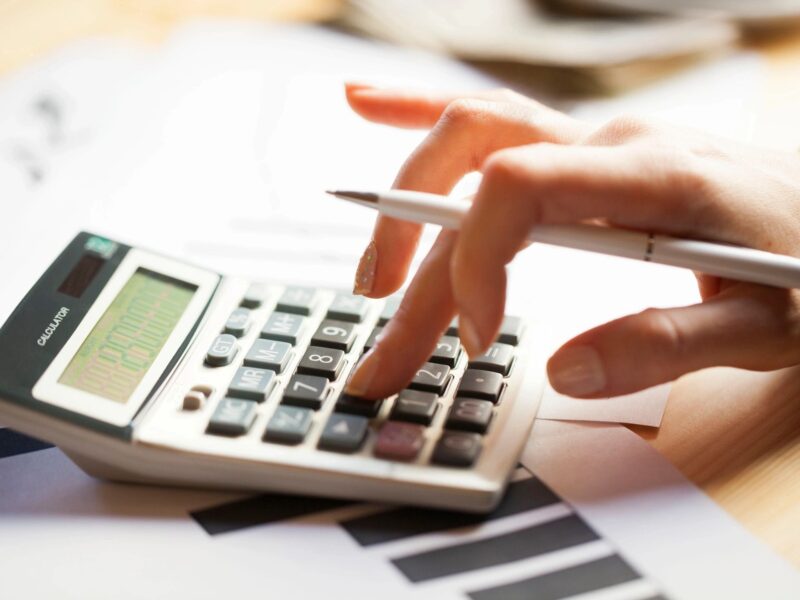If you’ve always been someone who spent money without thinking much about it and then stopped when there was nothing left in your account, you might feel overwhelmed by the thought of budgeting. It probably sounds like a lot of work and not very much fun, but budgeting doesn’t have to be like that, and it can actually mean that you end up with more money to do the things that you want. If you’re trying to figure out where to start, the tips below can help.
Know Your Numbers
How much money do you bring in every month? How much money do you need to cover your expenses every month? This is the first, bare minimum question that you need to ask. Start off with expenses that are the same or roughly the same each month, such as your rent or mortgage and your car payment. Take an average of your utilities for the last year. This gives you a baseline, and from there, you can start to figure out what you’re spending on things like food and entertainment. If you have absolutely no idea, try using an app that tracks your spending for a few months. Now you’ve got the information you need to move to the next step.
Know Yourself
Are you someone who likes playing around with spreadsheets and numbers, or does the thought make you want to run away? Do you worry a lot about digital privacy, or do you figure that the information is out there anyway? Asking yourself these types of questions can help you figure out what approach to budgeting will suit you the best. If you love spreadsheets, you might enjoy creating your own budgeting plan. If you don’t, you might want an app that does a lot of this work for you, especially if you’re comfortable giving one access to your banking information. Understanding your tendencies in this way can help you make the choices that ensure you’ll stick to your budget.
Drill Down
Next, you need to look at spending and where you could cut back. Some areas are less obvious than others. If you are paying off a credit card, you can look to personal loans with low monthly payments to cover that balance. Personal loans often have lower interest rates, and you may save money by paying one of those down over time instead of your credit card balance. You can also look at places where you spend a lot of money without thinking.
Maybe you pay for ride sharing when it would be cheaper to just take the bus, or perhaps you’re eating out almost every night when it would be cheaper to do some cooking at home. It’s important that you don’t feel like these cost cutting measures are depriving you. Think in terms of goals for the money that you’re saving, such as a vacation that you want to take. You may want to read some articles or a good book on personal finance to get a better sense of where your money should go now that you’re not spending it all.



